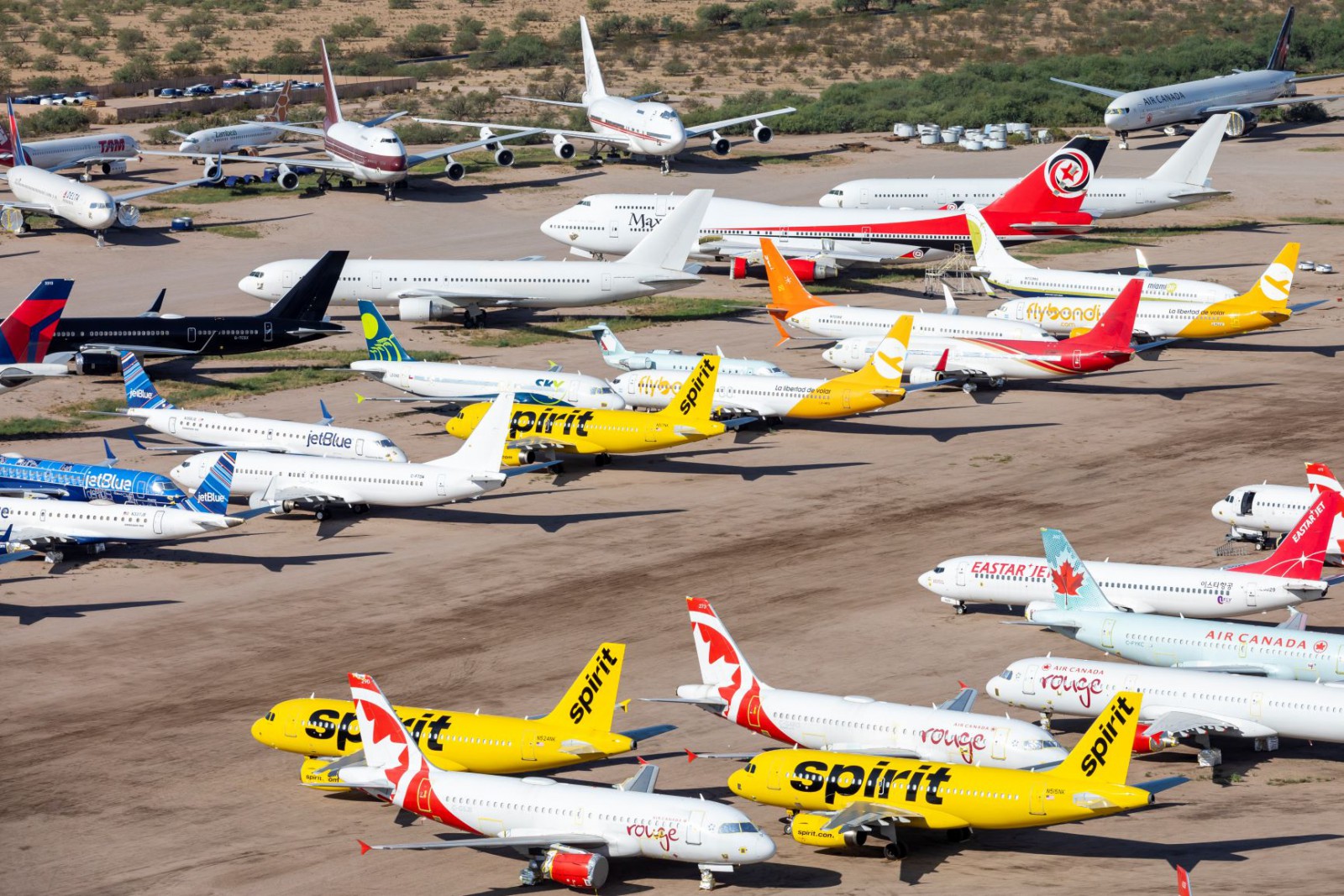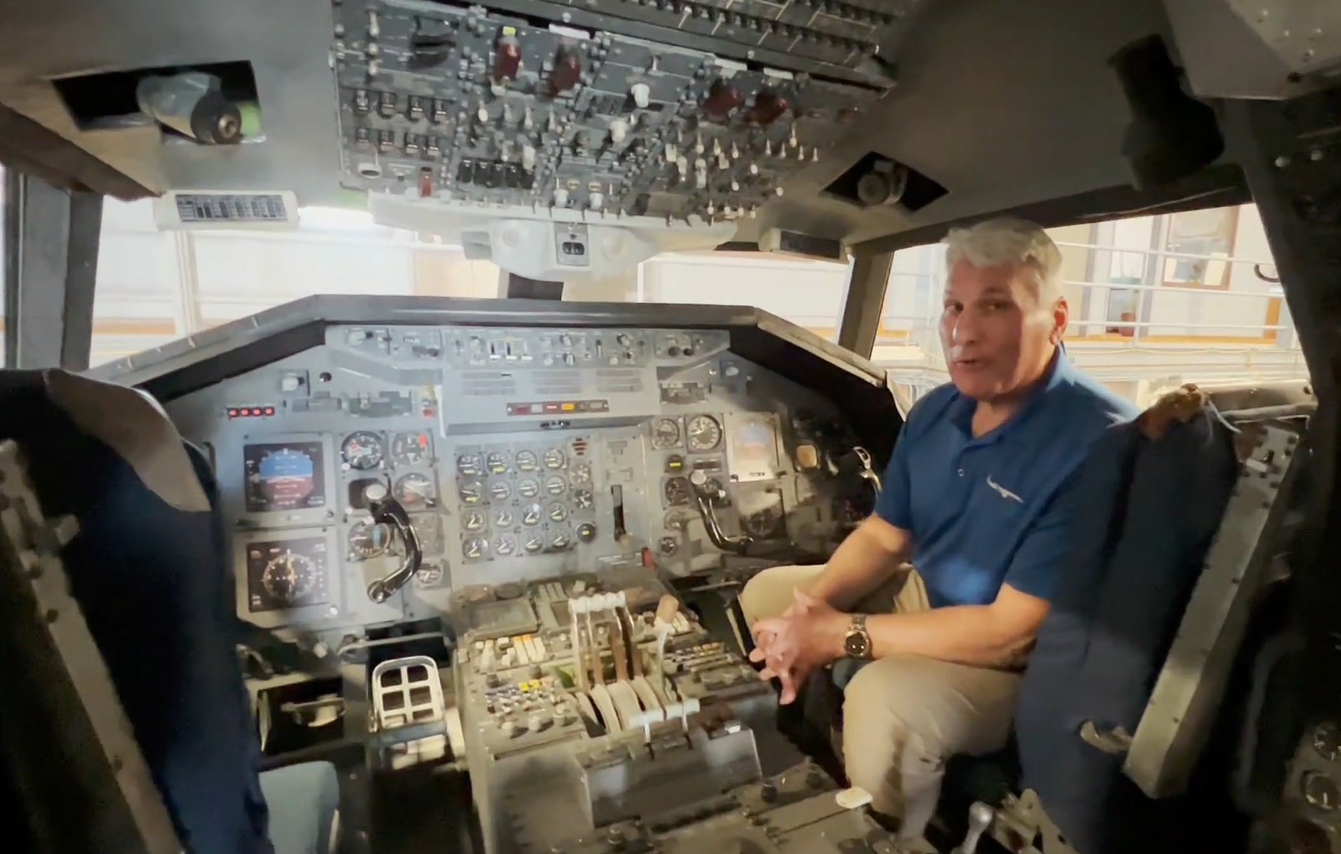IATA warns of catastrophic airline job losses for 2021
06 November, 2020
3 min read
Airline News

Geoffrey Thomas
By joining our newsletter, you agree to our Privacy Policy


Bankruptcies and massive jobs cuts are on the radar for airlines in 2021 unless governments increase aid says the industry’s lead association.
The International Air Transport Association says a new analysis shows that the airline industry cannot slash costs sufficiently to neutralize severe cash burn to avoid bankruptcies and preserve jobs in 2021.
Total industry revenues in 2021 are expected to be down 46 per cent compared to the 2019 figure of US$838 billion compared with the previous worst-case scenario of a decline of 29 per cent.
That less gloomy prediction was based on expectations for a demand recovery commencing in the fourth quarter of 2020 which has not materialised.
IATA says it expects full-year 2020 traffic to be down 66 per cent compared to 2019, with December demand down 68 per cent.
Alexandre de Juniac, IATA’s director general and chief executive said the “fourth quarter of 2020 will be extremely difficult and there is little indication the first half of 2021 will be significantly better, so long as borders remain closed and/or arrival quarantines remain in place.”
“Without additional government financial relief, the median airline has just 8.5 months of cash remaining at current burn rates. And we can’t cut costs fast enough to catch up with shrunken revenues," de Juniac said.
IATA said that although airlines have taken drastic steps to reduce costs, around 50 per cent of airlines’ costs are fixed or semi-fixed, at least in the short-term.
It says the result is that costs have not fallen as fast as revenues.
IATA said a sample across 76 major airlines showed that operating costs for the second quarter were 48 per cent down year on year but operating revenues were down 73 per cent.
With international demand down nearly 90 per cent, airlines have parked thousands of mostly long-haul aircraft and shifted their operations to more costly short-haul flying where possible.
With over 60 per cent of the world fleet leased, another major burden is those costs with only minor reductions of 10 per cent from lessors.
"The handwriting is on the wall. For each day that the crisis continues, the potential for job losses and economic devastation grows,” de Juniac said.
“Unless governments act fast, some 1.3 million airline jobs are at risk. And that would have a domino effect putting 3.5 million additional jobs in the aviation sector in jeopardy along with a total of 46 million people in the broader economy whose jobs are supported by aviation.”
“Moreover, the loss of aviation connectivity will have a dramatic impact on global GDP, threatening $1.8 trillion in economic activity. Governments must take firm action to avert this impending economic and labour catastrophe. They must step forward with additional financial relief measures,” said de Juniac.
Next Article
2 min read
Qantas triples profit but misses mark

Get the latest news and updates straight to your inbox
No spam, no hassle, no fuss, just airline news direct to you.
By joining our newsletter, you agree to our Privacy Policy
Find us on social media
Comments
No comments yet, be the first to write one.
